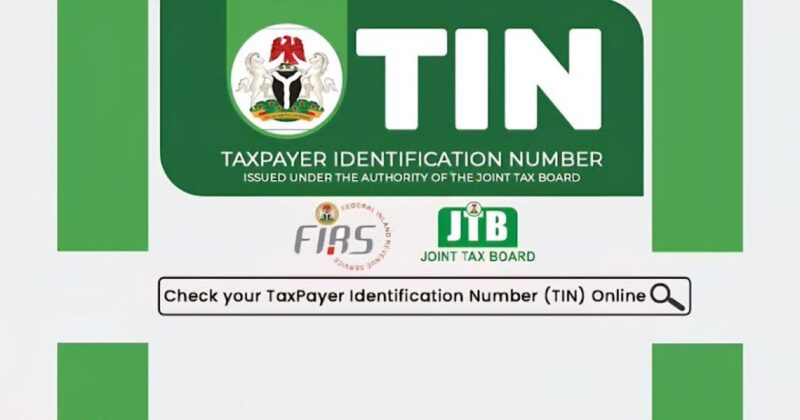The Federal Government of Nigeria has announced that all taxable individuals and entities must obtain a Taxpayer Identification Number (TIN) starting January 1, 2026, as part of the newly signed Nigeria Tax Administration Act, 2025.
The directive, aimed at modernizing the country’s tax system and expanding the revenue net, was confirmed by Zacch Adedeji, Executive Chairman of the Nigeria Revenue Service (formerly Federal Inland Revenue Service), following President Bola Tinubu’s assent to the tax reform bills in June 2025.
Under Part II, Section 4 of the Act, every taxable person, including citizens, business owners, and government agencies at federal, state, and local levels, is required to register with the relevant tax authority to obtain a TIN.
The mandate also extends to non-residents supplying taxable goods or services in Nigeria, who must register and comply with tax obligations.
Additionally, Section 8 of the Act makes the TIN a prerequisite for operating bank accounts, engaging in insurance, stock market transactions, or entering contracts with federal and state governments.
“The TIN requirement is a cornerstone of our tax reform efforts to enhance compliance, streamline revenue collection, and foster a transparent fiscal environment,” Adedeji stated during a press briefing in Abuja on Thursday, September 4, 2025.
He emphasized that the six-month preparatory period before the January 2026 implementation allows for public sensitization and system alignment.
The Act empowers tax authorities to issue, refuse, suspend, or deregister TINs based on compliance status or business cessation, with a mandatory notification period of five working days for refusals and 30 days for business closures.
The reforms also include exemptions for low-income earners and over 90% of micro, small, and nano businesses from certain taxes, alongside VAT exemptions for essentials like food, healthcare, and transportation to ease the cost of living.
The move has sparked mixed reactions. While some stakeholders praise the reforms for promoting accountability and boosting economic growth, others express concerns about the administrative burden on small businesses and individuals.
The government has pledged to roll out awareness campaigns and technical training to ensure a smooth transition.
Click to signup for FREE news updates, latest information and hottest gists everyday
Advertise on NigerianEye.com to reach thousands of our daily users









